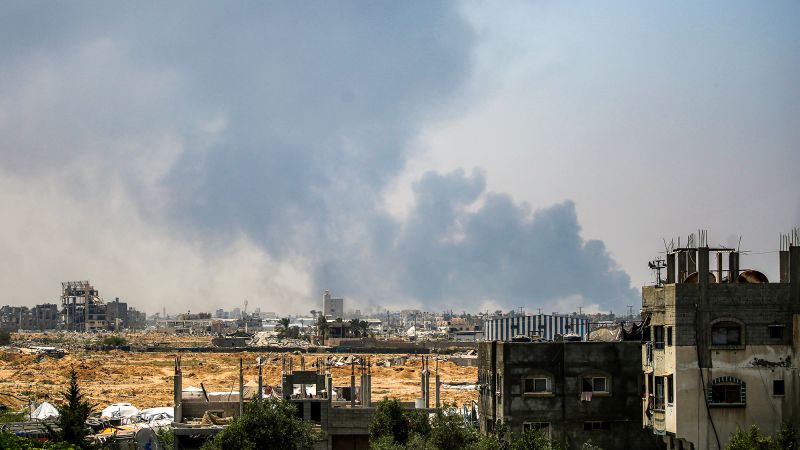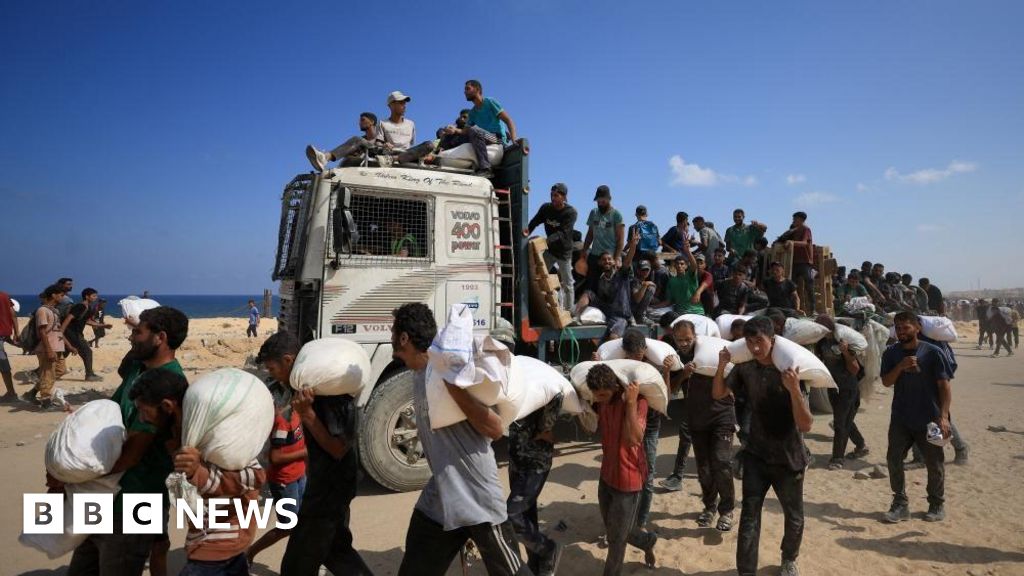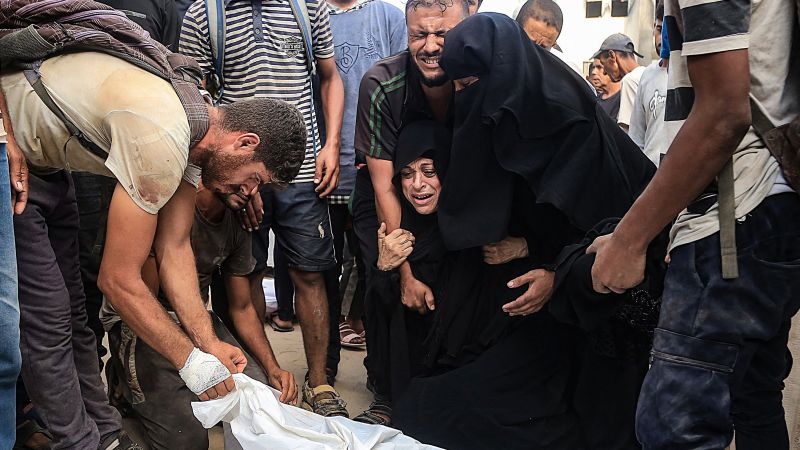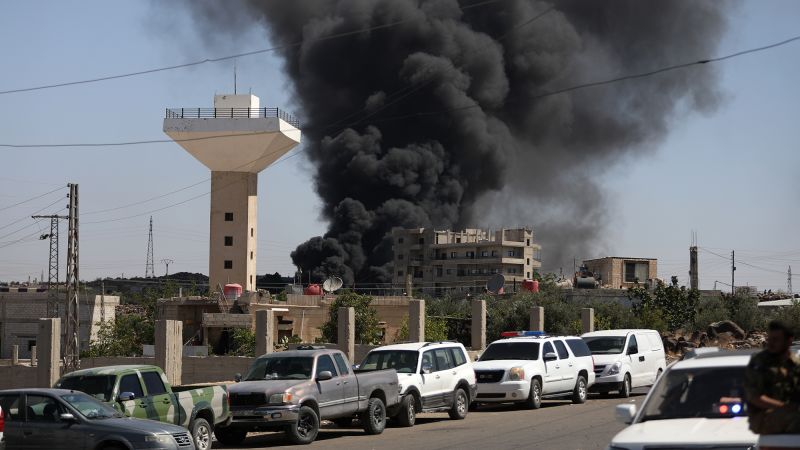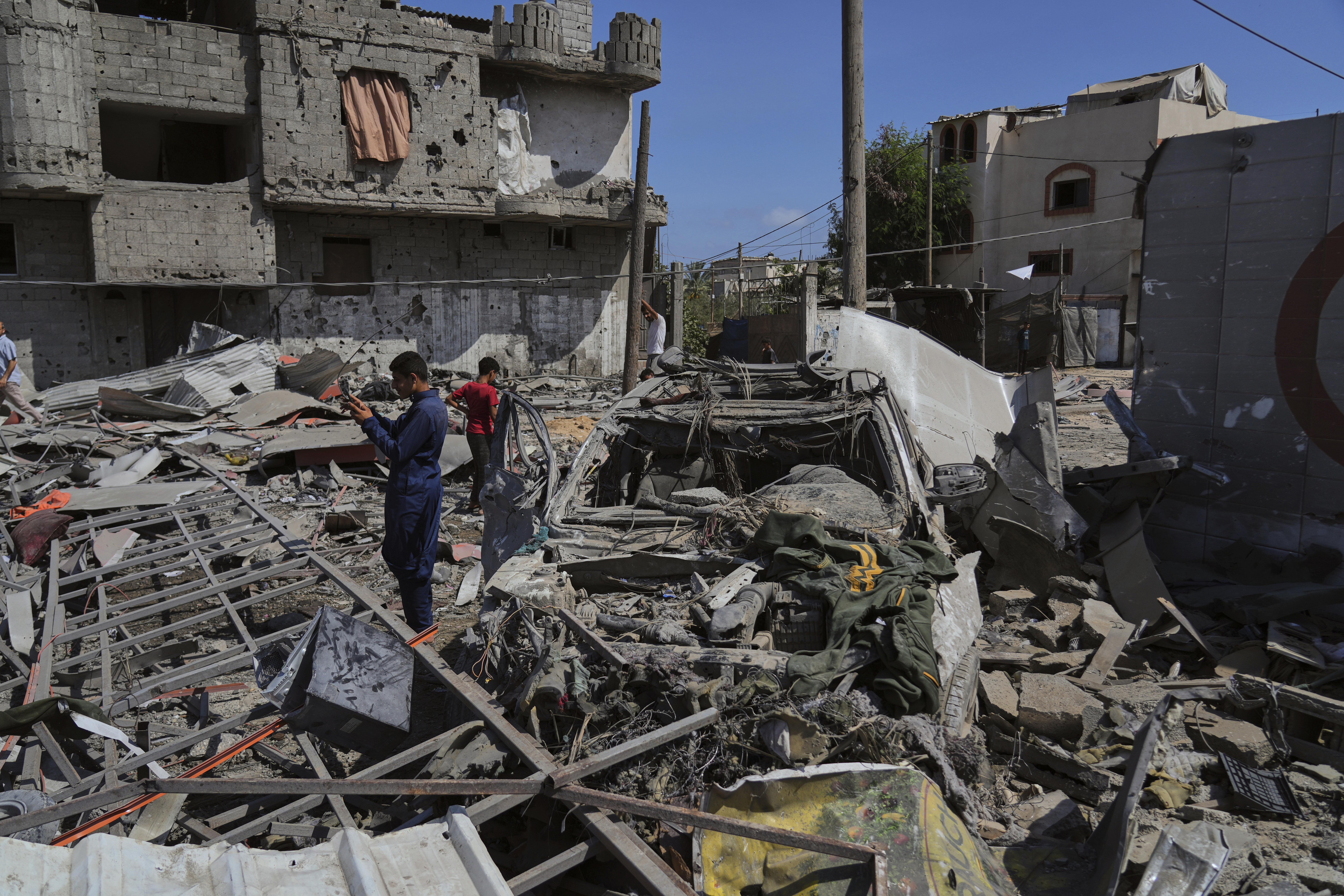Debate Over Recognizing Palestine as a State: Implications for the Region

Introduction
The debate over recognizing Palestine as a state has been ongoing for decades, with many European countries divided on the issue. Italy's leader, Giorgia Meloni, recently commented on the matter, expressing her concerns about early recognition.
Counterproductive Move
In an interview with La Repubblica, Meloni stated that recognizing Palestine as a state at this time could potentially be "counterproductive." She argues that it could hinder the ongoing peace negotiations and ultimately do more harm than good. This comes as France recently announced their plans to recognize Palestinian statehood, making them the first G7 country to do so.
Implications for the Region
The decision to recognize Palestine as a state has far-reaching implications, not just for the two conflicting nations, but also for the entire region. It could potentially disrupt the delicate balance of power and spark further conflict. It also raises questions about the future of the Israeli-Palestinian conflict and the role of other international players in finding a resolution.
About the Organizations Mentioned
La Repubblica
La Repubblica is one of Italy's leading daily newspapers, founded on January 14, 1976, by Eugenio Scalfari and Carlo Caracciolo. It quickly established itself as a major voice in Italian media, closely aligned with the centre-left political spectrum while maintaining independent critical commentary, including on figures within the centre-left coalition[2][6]. The paper is published nationwide from its headquarters in Rome and has a daily circulation of around 127,000 to 137,000 copies as of the early 2020s, with a significant and growing digital presence including social media, mobile apps, and partially fee-based online content[1][2][6]. Historically, La Repubblica innovated Italian journalism by adopting a compact Berlin format and emphasizing culture prominently in its pages. It expanded its scope by adding supplements such as the business section *Affari & Finanza* (1986), the weekend magazine *Il Venerdì* (1987), and specialized supplements on music, health, and women’s issues in the 1990s[1]. The paper became part of Gruppo Editoriale L’Espresso in 1991, which merged into GEDI Gruppo Editoriale in 2017, one of Italy’s largest media groups controlling a significant share of the print and digital market[2][4]. La Repubblica is recognized not only for its comprehensive news coverage and political analysis but also for cultural initiatives like *La Repubblica delle Idee*, a festival launched in 2012 that brings together prominent figures from politics, culture, and industry to discuss pressing social and economic issues. This event has featured Nobel laureates, renowned writers, and influential artists, underscoring the paper’s role as a platform for intellectual and cultural debate[8]. Despite shifts in Italy’s media landscape marked by consolidation and commercial pressures, La Repubblica remains influential, blending investigative journalism, cultural engagement, and digital innovation whil
